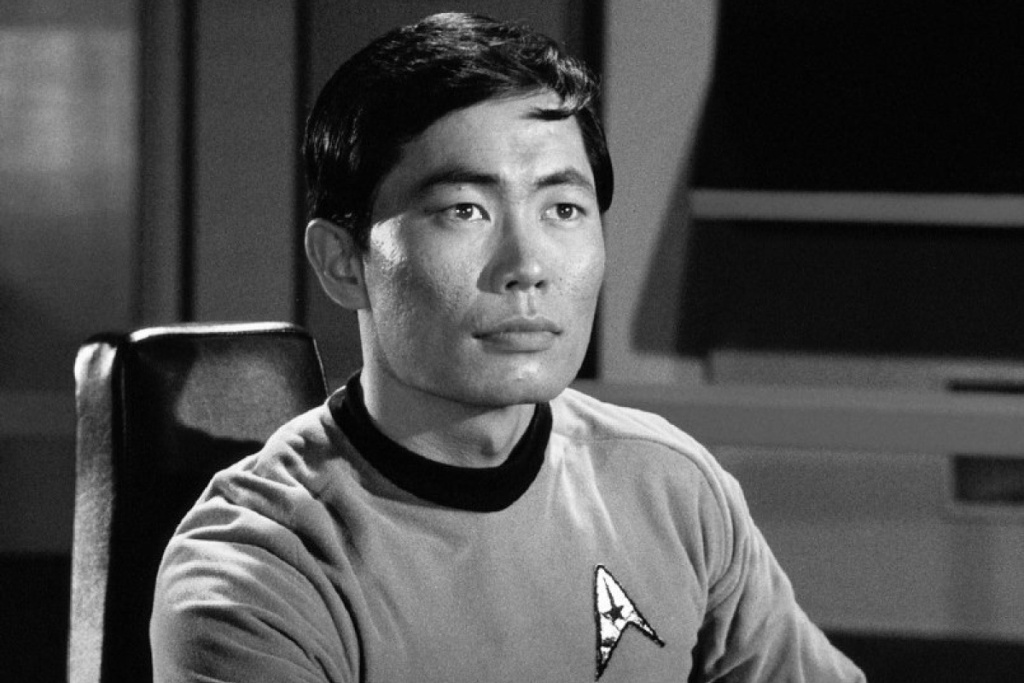Internment Camp Survivor George Takei Wrote About His Fears For American Muslims Under Trump
"They interned my family. Don’t let them do it to Muslims."

There is a lot of legitimate concern right now about what America will look like under President Donald Trump. Over the course of an ugly campaign, the controversial Republican made dozens, if not hundreds, of divisive, xenophobic statements that have caused women, African-Americans, Muslims, Hispanics, LGBTQI people and numerous other minority groups to fear that their rights may soon be taken away from them.
The fact that Trump has since made a white nationalist his chief advisor, and nominated a man described as “anti-immigrant, anti-Muslim [and] anti-LGBT” as his attorney general doesn’t exactly inspire much confidence, either.
People Are Wearing Safety Pins In Solidarity With Minority Groups Under Threat From Donald Trump
One of Trump’s most alarming proposals is that of a national registry that would allow the government to keep tabs on American Muslims. A spokesperson for the President-elect has since denied that Trump ever advocated for such a database, a denial that is somewhat undercut by this video footage of the Republican doing exactly that.
Earlier this week, a prominent Trump supporter took the idea one step further, pointing to the American government’s internment of over 100,000 people of Japanese ancestry during the Second World War as a “precedent”. Carl Higbie, who is the co-chair of the pro-Trump Great America PAC, told The New York Times that “there is historical, factual precedent to do things [that] are not politically popular and sometimes not right, in the interest of national security.”
#DonaldTrump supporter cites Japanese internment as “precedent” for a #MuslimRegistry https://t.co/vZvgKUe3QW #PresidentElectTrump pic.twitter.com/Dxuppy12C9
— Khary Penebaker (@kharyp) November 17, 2016
During an interview with TIME last year, Trump himself would not say whether or not he would have supported the Japanese internment, despite the fact that it is now widely considered one of the most shameful chapters in American history. Instead, he told the magazine that “I certainly hate the concept of it. But I would have had to be there at the time to give you a proper answer”
One person who was there at the time is Japanese-American actor and activist George Takei. Best known for playing Sulu in the original Star Trek, Takei and his family spent more than two years in an internment camp following the bombing of Pearl Harbour.
“I was just a child of 5 when we were forced at gunpoint from our home and sent first to live in a horse stable at a local race track, a family of five crammed into a single smelly stall,” wrote the 79-year-old actor on Friday in a sobering essay for The Washington Post. “After several weeks, they sent us much farther away, 1,000 miles to the east by rail car, the blinds of our train cars pulled for our own protection, they said. We disembarked in the fetid swamps of Arkansas at the Rohwer Relocation Center. Really, it was a prison.”
“My parents did their best to make life seem normal,” continued Takei. “As a child, I very readily accepted our new circumstance and adjusted to it. As far as I was concerned, it was normal to line up to use the common latrine, or to eat wretched grub in a common mess hall, prisoners in our own country. It was normal for us to share a single small barrack with no privacy whatsoever. And it was normal to stand each day in our makeshift classroom, reciting the words to the Pledge of Allegiance, “With liberty and justice for all,” as I looked past the U.S. flag out the window, the barbed wire of the camp just visible behind it.”
A Trump surrogate argued the internment was "precedent" for a national Muslim registry. I could not stay silent. https://t.co/uTUHkNXLLb
— George Takei (@GeorgeTakei) November 18, 2016
Takei used the essay to express his fear that American Muslims under President Trump could face similar levels of discrimination. “Let us all be clear: ‘National security’ must never again be permitted to justify wholesale denial of constitutional rights and protections,” he wrote. “If it is freedom and our way of life that we fight for, our first obligation is to ensure that our own government adheres to those principles. Without that, we are no better than our enemies.”
“During World War II, the government argued that military authorities could not distinguish between alleged enemy elements and peaceful, patriotic Japanese Americans. It concluded, therefore, that all those of Japanese descent, including American citizens, should be presumed guilty and held without charge, trial or legal recourse, in many cases for years. The very same arguments echo today, on the assumption that a handful of presumed radical elements within the Muslim community necessitates draconian measures against the whole, all in the name of national security.”
You can read Takei’s full essay at The Washington Post.